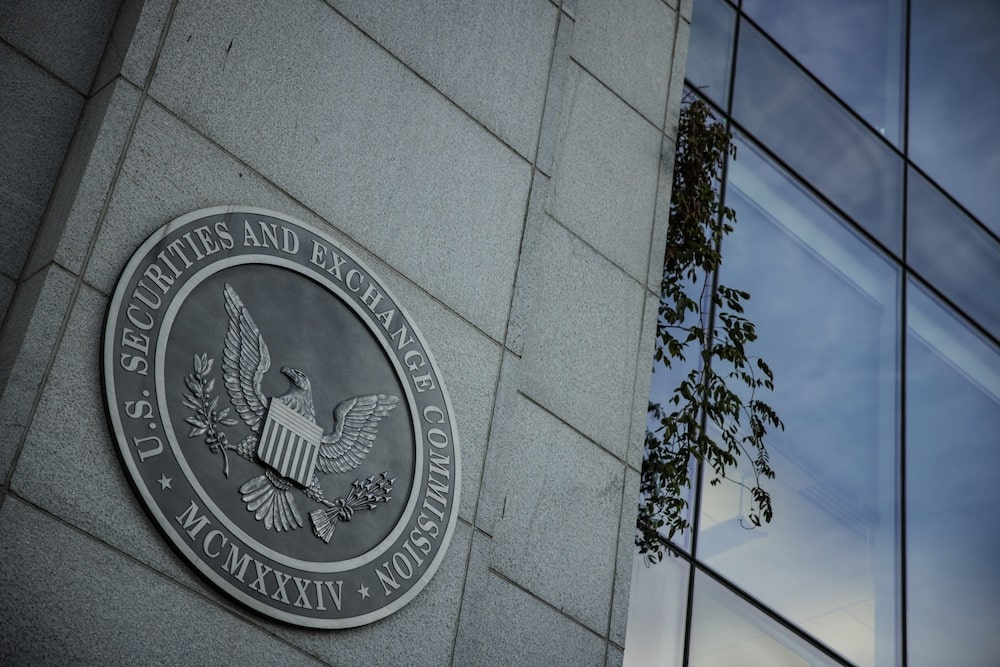Decentralized Finance (DeFi) protocol Rari Capital has reached a settlement with the U.S. Securities and Exchange Commission (SEC) for misleading investors and running two unregistered blockchain-based investment platforms. The firm also agreed to a cease-and-desist order from the regulator.
Rari Capital Consents With SEC Charges
According to the SEC, Rari Capital offered investors two cryptocurrency investment products: Earn and Fuse pools. These products allow users to deposit and manage their assets while earning a return on their investments or deposit assets to be managed by Rari while receiving returns without much effort.
Additionally, Rari developed a token that represents profits from the pool and return on investments, which it used to reward investors. The company also launched the Rari Governance Token (RGT), which it used to reward some Earn pool investors. The agency claimed that Rari Capital did not register for its operation or its sale and distribution of securities, and the company has not denied the charges.
The SEC also stated that Rari and its co-founders lied to their investors, telling them that the Earn pool is designed to automatically rebalance their assets into the highest yielding offers available each time. However, the rebalancing is done manually by a Rari team member who may sometimes not carry out the process.
Moreover, Rari misled investors by raising the annual percentage yield to entice them to deposit in the project. In the end, Rari’s co-founders couldn’t account for the fees, leaving many of its Earn pool investors in losses.
Rari Capital and its co-founders have not admitted, denied, or appealed the SEC’s claims. Instead, they have complied with the court’s entry of final judgment orders, which may include fines, a long-term order to seize functioning, a five-year ban for Rari co-founders, or the return of all gained funds to different investors.
“We will not be deterred by someone labeling a product as “decentralized” and “autonomous,” but instead will look beyond the labels to the economic realities, as we did here, and hold the individuals behind crypto products and platforms accountable when they harm investors and violate the federal securities laws,” Says Monique C. Winkler, Director of the SEC’s San Francisco Regional Office.
U.S. SEC Goes After Crypto Projects
The SEC has not made it very easy for crypto projects to thrive in the United States. The agency has set high standards of security laws that projects should meet before launching in America to ensure investor’s safety. It has also filed charges against defaulters.
Recently, the SEC charged crypto exchange Kraken with securities sales. The crypto platform did not plead guilty to the charge; instead, it replied to the agency claiming innocence. Similarly, the SEC recently fined the trading platform eToro $1.5 million for not adhering to U.S. securities laws.

